Shared Parenting News.
The posts below are a selection of the most recent shared parenting news. To view our blog , which has been discontinued and archived, please visit our Blog Archive.
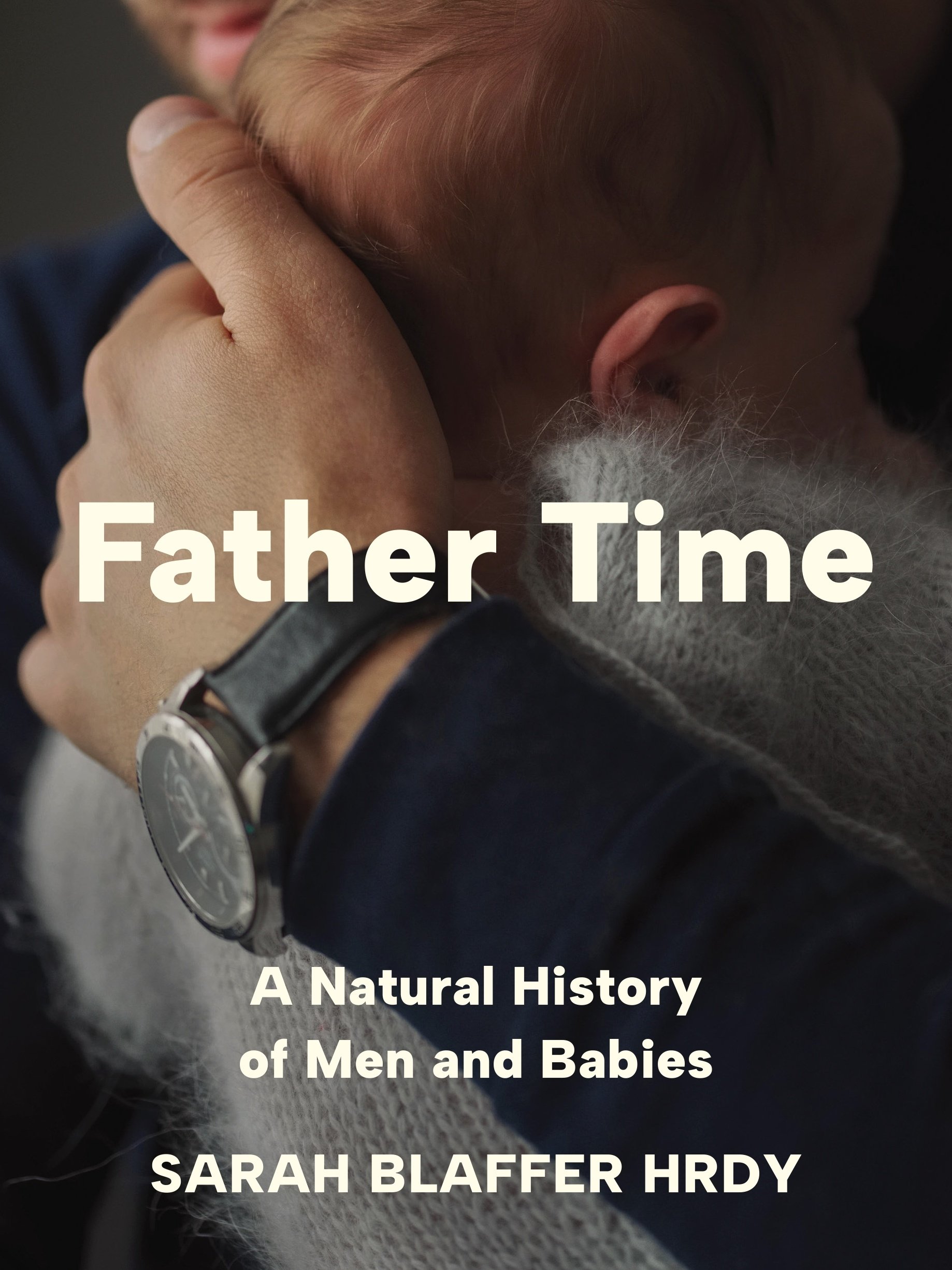
An Anthropologist Discovers that Men are Wired for Nurturing Children
This won’t be everyone’s cup of tea. But those who are interested in the evolutionary bases for human behavior might find this of interest.
Sarah Blaffer Hrdy is a world renowned anthropologist and primatologist who has made important contributions to evolutionary psychology and sociobiology. Much of her work has focused on the evolution of maternal behavior. Her best known popular writings are Mother Nature: A History of Mothers, Infants, and Natural Selection and Mothers and Others: The Evolutionary Origins of Mutual Understanding. The first examines the biological and genetic foundations of maternal behavior. The second explores the role that the need for long periods of child rearing played in developing the human capacity for understanding others.
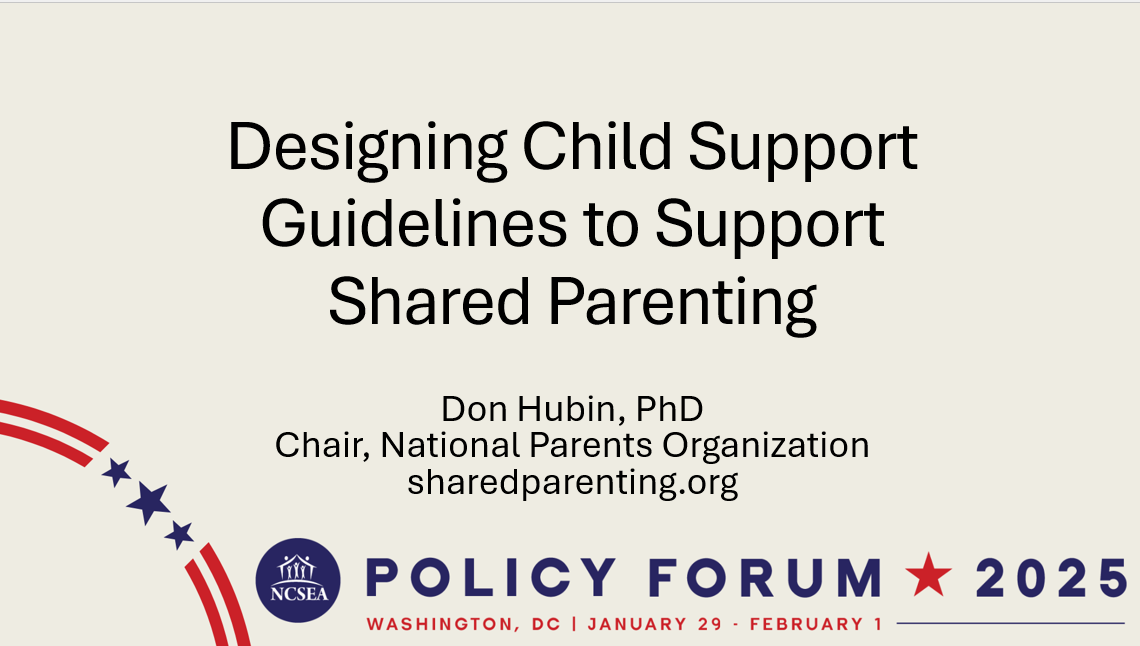
My Presentation to the National Child Support Engagement Association (NCSEA)
Child support laws and policies play a significant role in how separated parents raise their children. The child support system was built on a sole custody model. The enabling federal legislation referred to those who were ordered to pay child support as “absent parents”! While there has been undeniable progress in reforming child support guidelines to better serve the needs of modern families and, especially children, those guidelines and the policies of child support agencies often create barriers, sometimes insurmountable barriers, to equal shared parenting.

Having Trouble Co-Parenting? Try Parallel Parenting!
When two fit and loving parents are separated, shared parenting is almost always best for their children. But that doesn’t mean it’s always easy. Sometimes the very dynamics that led to the breakup continue after the split as parents try to share in raising their children apart. Sometimes the split up is the cause of dysfunction in the relationship between the parents.
If you’re having difficulties in a shared parenting arrangement with your child(ren)’s other parent, it might be that you’re doing shared parenting wrong.

Do We Need a Men’s Equality Month?
The International Council for Men and Boys (ICMB) is promoting Men’s Equality Month, November, 2024. This raises the question: “Do we need a Men’s Equality Month?”
Yes!
But more needs to be said.
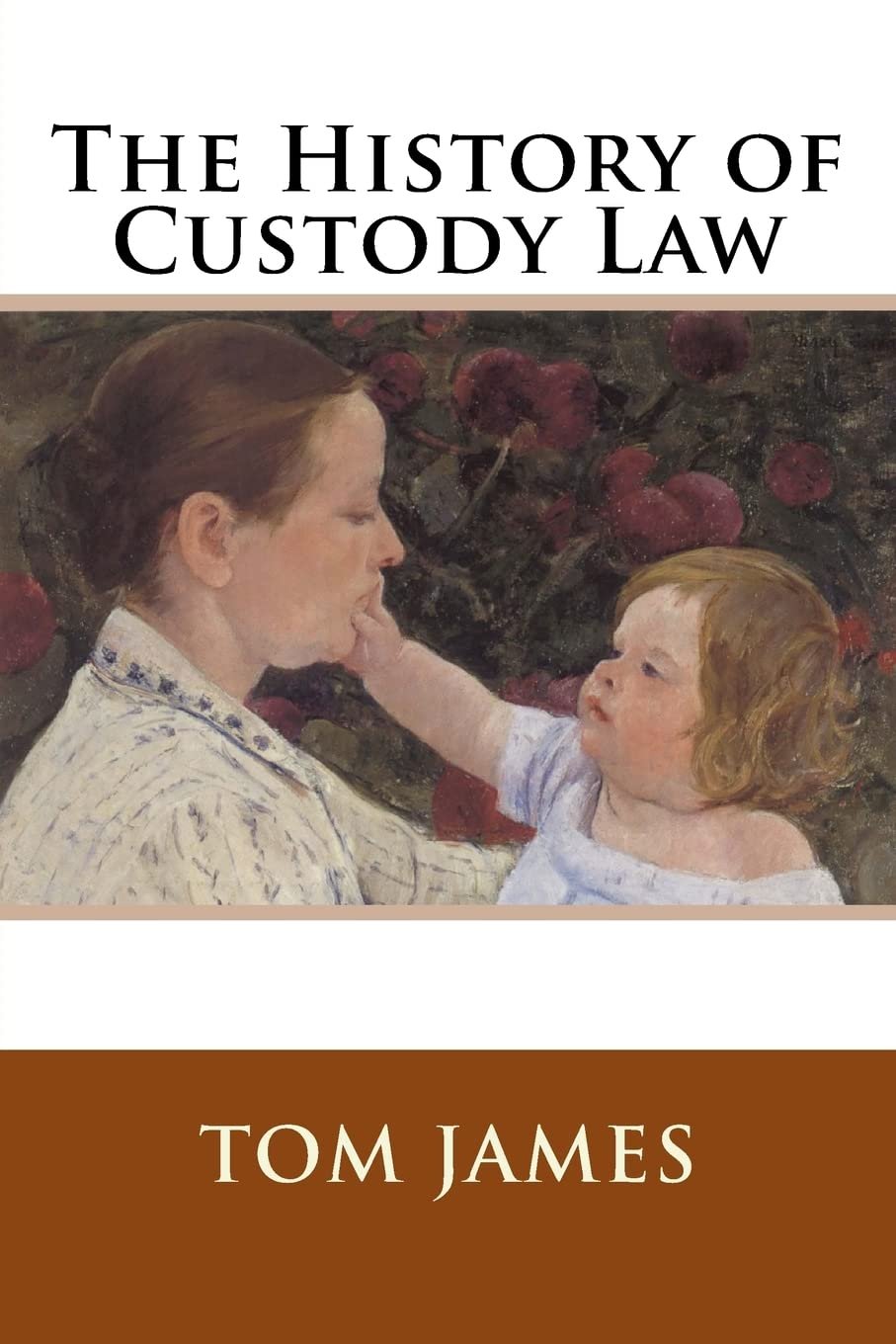
Rethinking the History of Child Custody
Psychologists tell us that we have a hard time rethinking beliefs we’ve long held. We’re subject to “confirmation bias”--ignoring evidence that would undermine our beliefs—and even the so-called “backfire effect”--digging in our heels more firmly when our beliefs are challenged. But sometimes long-held beliefs have to give way to evidence. I have been forced to revise my understanding of the history of child custody in the face of compelling evidence.
I should mention that my beliefs about the history of child custody weren’t formed out of thin air. I’ve published papers in law reviews and philosophy journals that rely on sketches of this history. In researching to write these articles, I’ve read dozens of articles and a handful of books on the history of child custody. I thought I had a reasonably good understanding of these matters.
Then I read The History of Custody Law, by attorney Tom James.
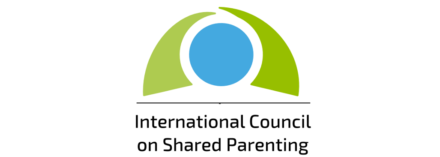
International Council on Shared Parenting Celebrates 10th Anniversary
This month marks the 10th anniversary of the International Council on Shared Parenting. I’m writing to celebrate that milestone and to praise ICSP for its terrific work over the past decade.
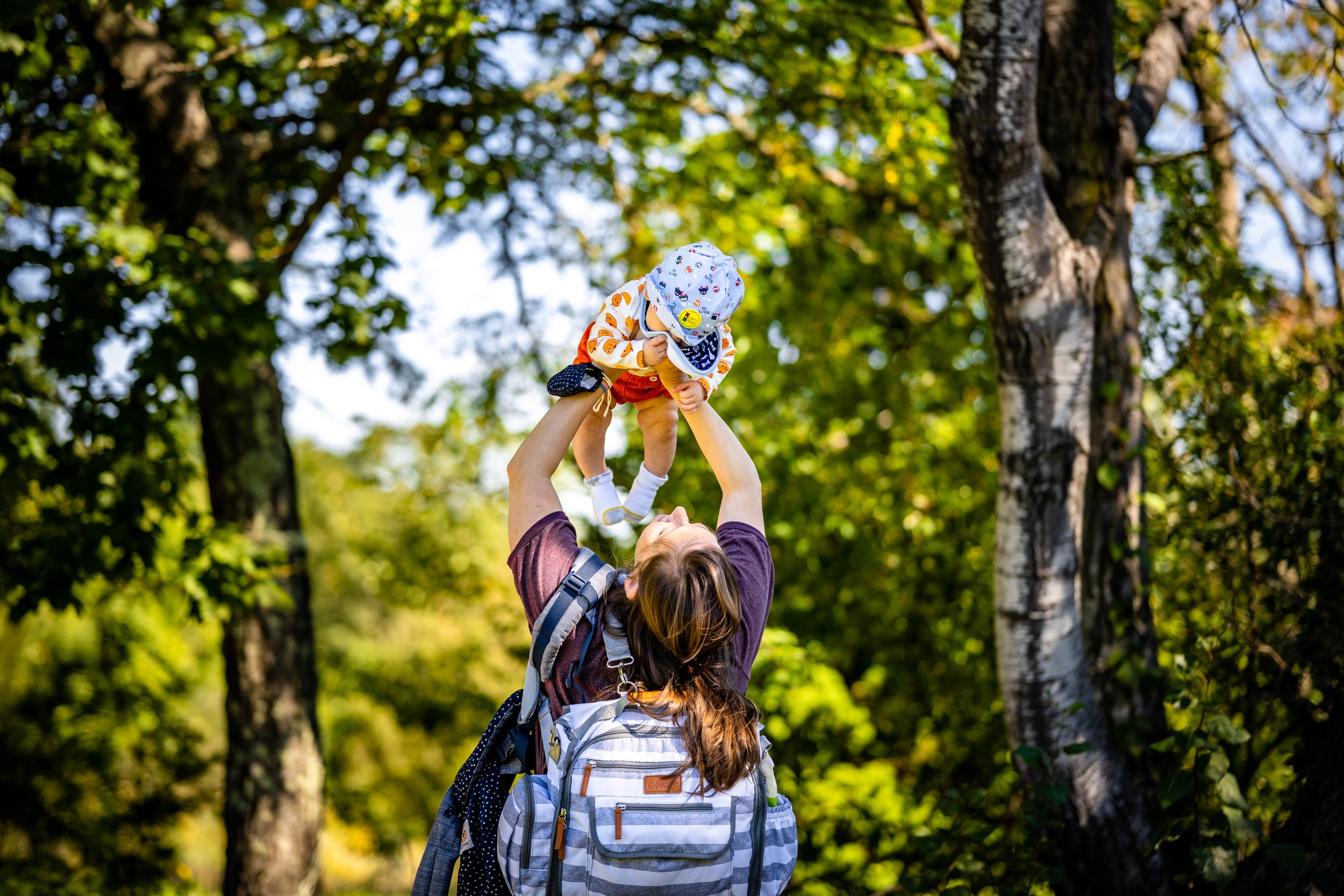
Why Isn’t Equal Shared Parenting Already the Norm?
Here’s a puzzle for you. As regular readers of Shared Parenting News know, National Parents Organization has commissioned high-quality, independently administered polling in many states about people’s attitudes toward shared parenting.
The results of these polls are stunning!
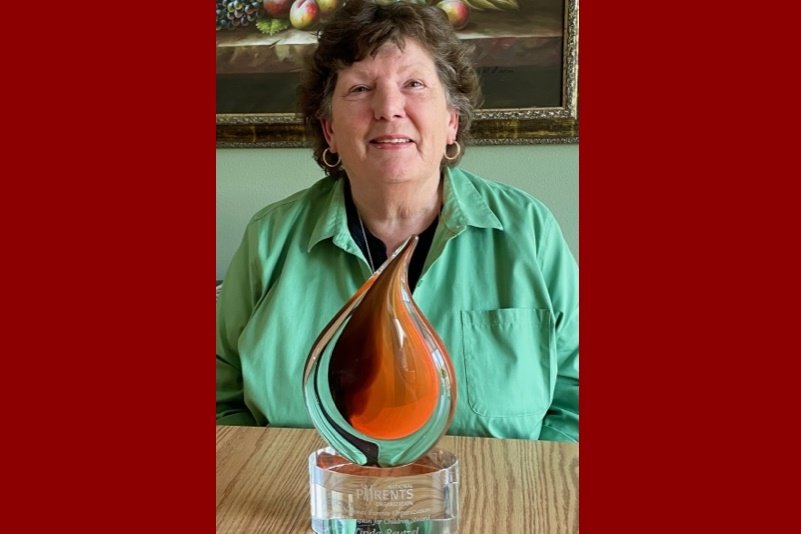
Linda Reutzel: NPO’s Champion for Children
National Parents Organization has awarded its first “Champion for Children” award to Linda Reutzel, the Missouri Chair of NPO and a long-time member of NPO’s National Board.
Linda is a mother and grandmother from Cape Girardeau, Missouri, who became aware of the harmful effects of Missouri’s custody laws and family court practices when her son, Griffan, divorced and was sidelined in his daughter Averie’s life, being awarded only a Missouri’s “Schedule J” parenting time. While Schedule J, which is the old “every other weekend and one evening a week” schedule, is claimed to be a “minimum, regular schedule of visitation and custody”, it often treated as a default even when both parents are fit and loving parents.
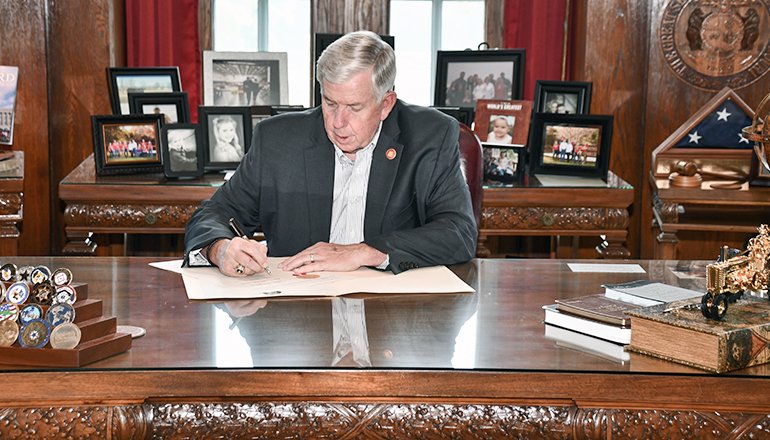
Congratulations Missouri!
It took nine long years! Nine years of persistent effort from shared parenting advocates, led by National Parents Organization’s Linda Reutzel. But, this past July, Missouri joined the select club of states that establish a presumption of equal shared parenting when parents live apart.

Ohio Courts Continue to Make Progress But Much Too Slowly
In 2018 and then again in 2020, National Parents Organization undertook a review of the local parenting time rules adopted by each of Ohio’s 88 county domestic relations courts and published the results of those reviews, grading the county courts on the degree to which their rules promote equal shared parenting. NPO has just completed the 2023 NPO Ohio Parenting Time Rules Report, which updates these earlier reports. These reports show significant changes in court parenting time schedules.
There is good news and bad news to report.
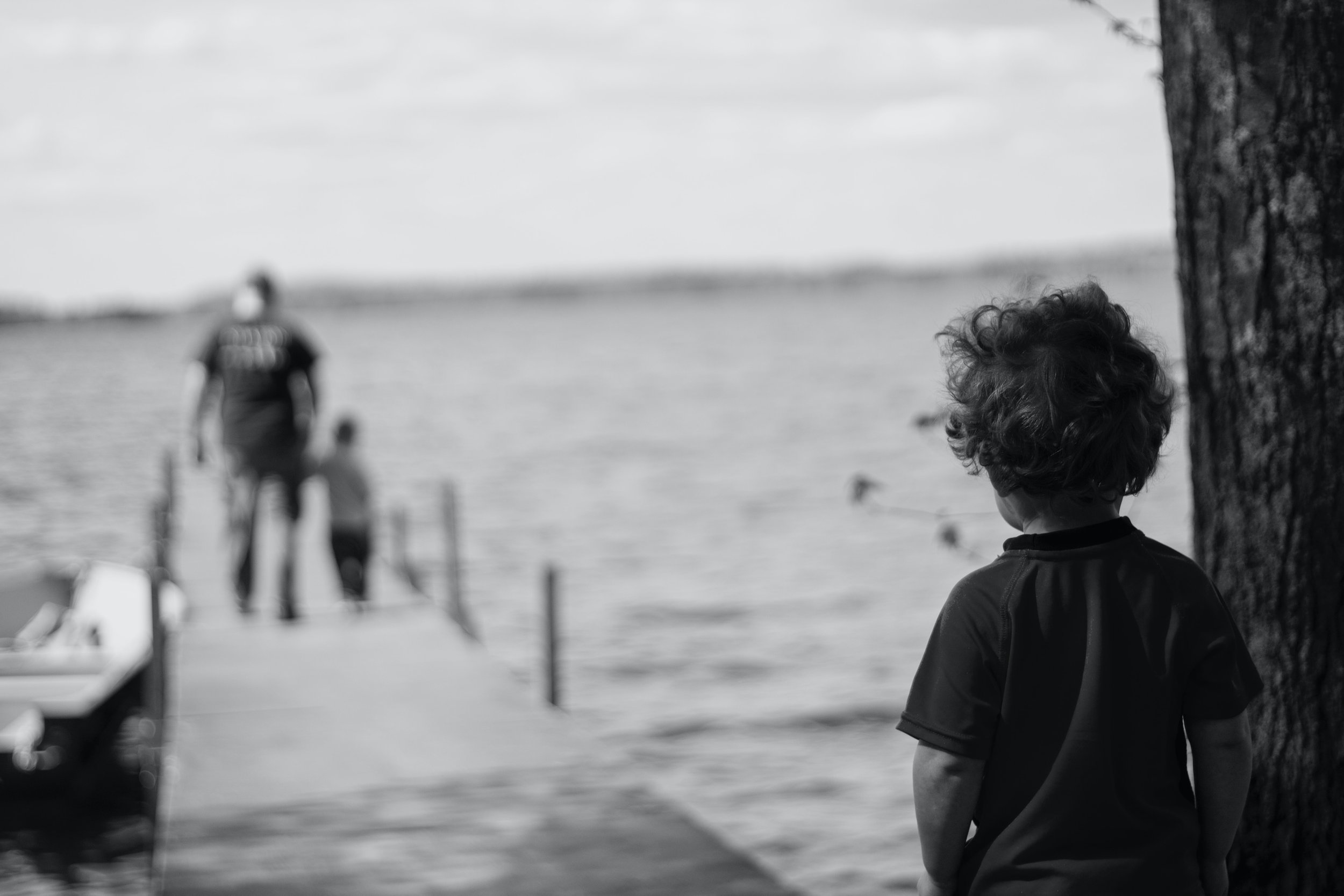
A New Attack on Shared Parenting
Opponents of presumptions of equal shared parenting have attacked it from many directions. NPO, sometimes working together with the International Council on Shared Parenting, created a series of handouts to respond to the fallacious attacks on shared parenting. Recently, opponents of shared parenting have adopted a new strategy. It’s fallacious. (It’s what logicians call an ad misericordiam fallacy—an argument that attempts to persuade by appealing to feelings of sympathy.) But it’s likely to be effective on people who don’t know the relevant facts.

Legislators Support for Equal Shared Parenting Laws
Since Kentucky passed the country’s first explicit equal shared parenting presumption in 2017, one thing has become very clear about shared parenting bills: they enjoy strong bi-partisan legislative support!
Kentucky’s 2017 law, which passed as a result of the efforts of Matt Hale and his NPO-Kentucky team, created a presumption of equal shared parenting for temporary orders, during the pendency of the trial. This bill passed both chambers of the Bluegrass state’s legislatures with no negative votes. In 2018, the Kentucky legislature passed a similar presumption for final orders. This passed the Senate unanimously and the House by a vote of 81 to 2.

Florida Joins the Equal Shared Parenting Club
Florida just enacted a law that creates a rebuttable presumption of equal shared parenting when parents divorce. It is the fourth U.S. State with an explicit presumption that children will continue to have the equal involvement of both of their parents when the parents divorce unless there is evidence that this is not in their best interest.
Kentucky, as the result of the work of NPO’s Matt Hale, was the first state to enact explicit presumptions of equal shared parenting—in 2017 for temporary orders and in 2018 for final orders. In 2021, Arkansas joined the equal shared parenting club. And in 2021, West Virginia joined.

6th Annual ICSP Conference A Success
Early this month, I had the privilege of attending in Athens, Greece, the 6th Conference of the International Council on Shared Parenting (ICSP) organized around the theme of New Paradigms: Research and Practice on Shared Parenting. NPO has been a strong supporter of ICSP and an active participant in its programs since ICSP was created about a decade ago, including taking the lead on organizing the 2017 NPO/ICSP conference in Boston, the videos of which are available here.

Shared Parenting and Child Maltreatment: Data from Ohio and Kentucky
Shared parenting advocates are often met with concerns that presumptions of equal shared parenting will put domestic violence victims at risk and endanger children. National Parents Organization has not seen any data to support such concerns. And, in fact, the data available suggest the exact opposite is true: presumptions of shared parenting are protective of abuse victims and children.
Here, I want to focus on some research concerning shared parenting and child maltreatment—abuse and neglect. As a child-focused, research-based organization, child well-being is of central concern to NPO.

Myths and Truths about Shared Parenting and Child Well-Being
National Parents Organization knows that there are many harmful myths about shared parenting. Opponents of shared parenting raise a myriad of objections to a presumption that children will continue to have a full parent-child relationship with both parents even when the parents are living apart. These objections are not grounded on facts. But they mislead those unfamiliar with the scientific research on child well-being.

Celebrating Shared Parenting Day
April 26 is Shared Parenting Day, commemorating the enactment of the nation’s first explicit equal shared parenting law in Kentucky on April 26, 2018. This year, there is much that we can celebrate. Here are some highlights.

Does Child Support Really Support Children?
The goal of the child support system is to ensure that children receive the financial support they need and deserve from their parents even when the parents are living apart. A new report from National Parents Organization (NPO) calls into question the effectiveness of our current child support system in promoting children’s well-being. Indeed, the report alleges, in many states the current child support laws are detrimental to children’s best interests.
The new research from NPO focuses on the way states’ child support guidelines either facilitate shared parenting or create barriers to it. The groundbreaking NPO report, 2022 NPO Child Support and Shared Parenting Report Card, grades each state on eight metrics measuring how their child support guidelines allocate child support funds between the children’s two homes when the separated parents are sharing substantially in raising their children.

What Americans Agree On: Shared Parenting
Forty years of research on child well-being has firmly established that, when parents are living apart, it is almost always best for children to spend equal time with each of their parents, assuming both are fit. (Some of the best of this research is highlighted on NPO’s website.) Despite this, in most states, legislators have been slow to enact laws that will protect children’s interests by ensuring both parents share equally in raising them.
If legislators won’t listen to the science, maybe they’ll listen to the people!

In Memoriam: Bruce Rogers
The shared parenting movement and National Parents Organization, in particular, have lost a valued fighter. On October 14, Bruce Rogers lost his more than two-year battle with glioblastoma, a form of brain cancer.

